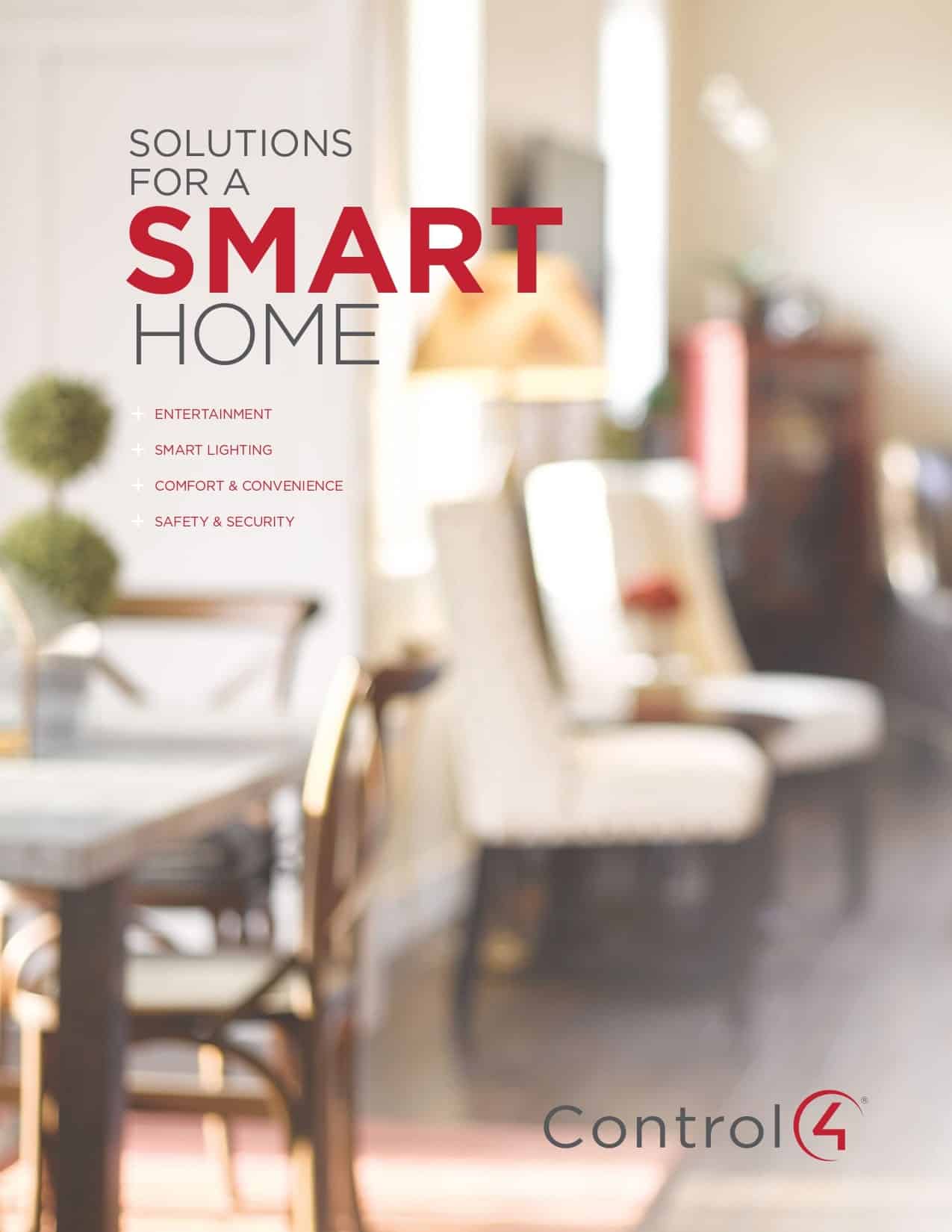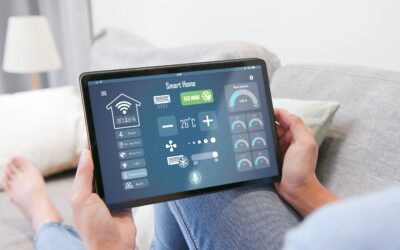It has become critical than ever to maintain a clean, safe home, including your home’s air quality. With airborne viruses being easily transmittable, maintaining healthy air quality can help eliminate its spread.
There are many factors that can negatively impact the quality of your home’s air. Did you know that concentrations of some pollutants are often two to five times higher than typical outdoor concentrations? This is linked to factors such as the increase in energy-efficient building construction and its lack of mechanical ventilation as well as the increased use of synthetic building materials found in your home’s furnishings. While this can be alarming, it’s important to know that there are proactive steps that you can take as a homeowner to assure proper air quality for your family.
Effects of Poor Indoor Air Quality
The Environmental Protection Agency (EPA) estimates that we spend approximately 90% of our time indoors, making clean air quality essential to ensuring our everyday health and wellness. Unfortunately, inhaling hazardous air that contains harmful pollutants can result in major health effects, including:
- Throat, eye and nose irritation
- Headaches, dizziness and fatigue
- Respiratory disease such heart disease and even certain cancers
Radon exposure in homes, in particular, has been directly linked to lung cancer. Radon is a radioactive gas that naturally occurs when uranium, thorium or radium breaks down in rocks, soil and groundwater around the home. Unfortunately, radon in homes is very common; in fact, approximately 1 in 15 homes are considered to have an elevated level of radon. This is just one example of a hazardous odorless, invisible gas that causes no immediate symptoms, but results in long-term health consequences, such as long cancer.
How to Improve Indoor Air Quality
Healthy air quality should be a top priority for you and your family. Fortunately, there are smart home features (and some not) that can actually improve your home’s quality, creating a healthier, safer place to live.
1. Use Indoor Smart Thermostat to Control Humidity
Humidity and moisture can actually create dangerous environments in your home that can lead to mold and mildew growth. Inhaling these contaminants can lead to respiratory illnesses, such as allergies and asthma. And Connecticut summers are no stranger to hot, humid temperatures. Smart thermostats can actually control the levels of humidity in your home proactively, so you do not have to run the risk of harmful mold breeding in your home, even when you’re away.
High-tech thermostats have humidifying and dehumidifying capabilities that activate depending on environment and season, essentially doing the thinking for you, making one less chore to worry about for monitoring the air quality of your home.
2. Buy indoor houseplants
Did you know that certain house plants act like indoor air filters and can naturally improve air quality? Plants can remove traces of formaldehyde, benzene, trichloroethylene and carbon monoxide from your home. Add houseplants such as bamboo palms, dragon trees, spider plants and pathos to better your home’s air quality.
3. Home Purification System
Installing an air purification system can help protect your home from dangerous airborne particles and waterborne contaminants. For example, our Intellipure SuperV air purification system has an electric charge that catches small particles down to 0.007 micron in size, disinfecting the particles while it is being gathered. The system can capture over 99% of potentially harmful particles, microorganisms and volatile organic compounds in your home so you can breathe in clean, healthy air.
An air purification system is easy to install and maintain. The installation time depends on the size of your home but typically takes one day for an HVAC specialist to complete. To install home air purification systems, we partner with an HVAC specialist(s) in your area to complete the job. With our careful supervision, the HVAC specialists install the air purifiers onto your existing HVAC system.
4. Incorporate a Home Wellness App
Besides the obvious benefits of installing an air purification system, it can also be integrated into your smart home to provide valuable insight into your home’s air quality. This app will alert you with critical information on your home’s air quality and create helpful suggestions on how you can improve it. For example, if the app detects an increase in carbon monoxide in you or a family member’s room at night, it may suggest adding a house plant that is highly efficient at removing contaminants, to the room. It even allows you to compare your indoor quality to the air outside so you can change your plans accordingly if the outdoor air is poor.
5. Regularly Change Air Filters
Your home’s air filters clean the air throughout your home. If air filters are clogged with dust, lint and contaminants, they are not able to do their job. If properly maintained, air filters can catch bacteria and viruses and stop them from spreading through your home. Although replacing a filter does not require the help of a professional, when you partner with Lifetronic Systems for your home air purification installation, we include this in the maintenance support plan for your home.
Installing a home air purification system will filter out airborne particles, germs, bacteria and even odor. Give you and your family the gift of cleaner air to breathe.
Ready to Get Started?
Contact us today to set up a free consultation, in your home. Learn about how we are keeping you safe during COVID-19 and beyond with our updated home consultation safety protocols.





